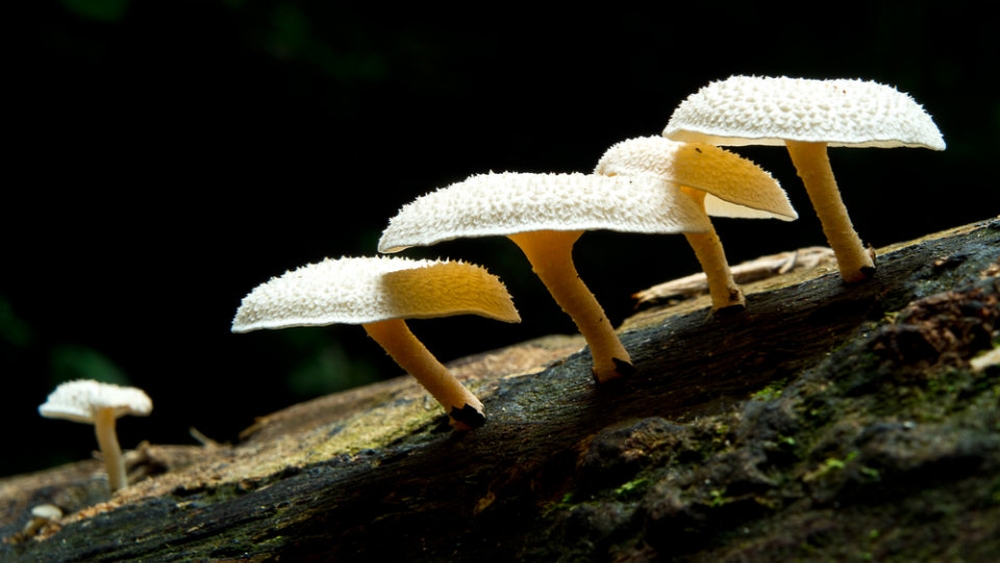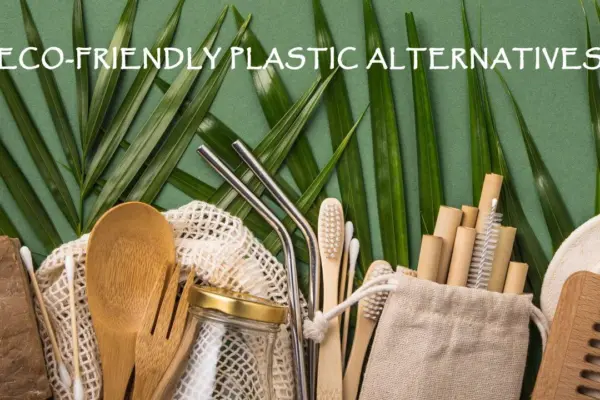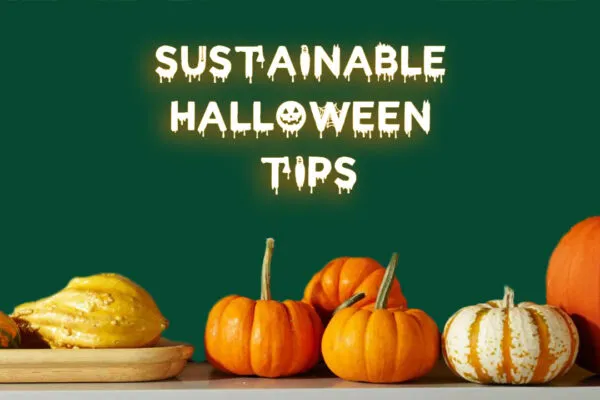Plastic Eating Mushrooms Give Scientists Hope to Reduce Plastic Waste
Plastic waste has become a serious threat to our planet as well as to its living beings. Since 1950, about nine billion tons of plastic has been produced, out of which, only nine percent has been recycled while 12 percent has been incinerated. The remaining plastic waste continues to contaminate the earth’s surface as it makes its way to landfills and oceans. Scientists have been looking for easy ways to reduce plastic and they have found some varieties of plastic-eating mushrooms with the ability to consume polyurethane, the main ingredient of plastics.
Scientists believe that these mushrooms can be used to decompose plastic in households as well as in major dumping areas. Researchers over the years have found that there are some varieties of mushrooms that have the ability to consume polyurethane, one of the main ingredients of plastic products.

Researchers have found some varieties of plastic-eating mushrooms that consume polyurethane | Image: Fungal Futures
In 2011, several students from Yale University during a research trip to the Amazon rainforest found a variety of mushrooms named Pestalotiopsis microspora. The fungus grows on polyurethane and also uses it as its one and only source of carbon. As per the research team, this light brown mushroom can live in environments with or without oxygen. It can break down and digest polyurethane before turning it into organic matter.
In 2017, a mushroom with similar properties was also discovered by scientists in Islamabad, Pakistan. The mushroom called Aspergillus tubingensis could secrete enzymes that took two months to break down polyester polyurethane into small pieces.
Livin Studio‘s Katharina Unger had also collaborated with the microbiology faculty of Utrecht University, Netherlands to develop a fungi food product grown on plastic waste. As the fungi grew, it digested and broke down plastic material turning it into an edible form.
Another alternative is mycoremediation that could be helpful in reducing plastic waste. It is a type of bioremediation that is used by fungi to decontaminate the environment by using fungi-based remediation methods.
Research has clearly shown that these mushrooms can decompose plastic in months and even in weeks. Further studies and research to explore the possibilities of these mushrooms can help in reducing plastic waste.
Via: Sciencemint


